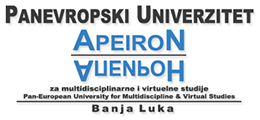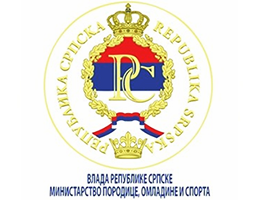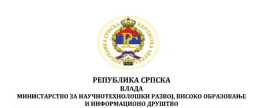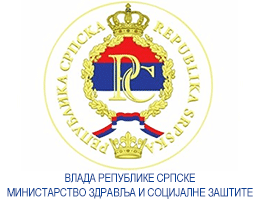Medical Exemption From Physical Education in Secondary School Students
Volume 6, Issue 2 (2016)
Volume 6, Issue 2 (2016)
Medical Exemption From Physical Education in Secondary School Students
Abstract:
Physical education of today faces many challenges, one of them being students’ medical exemption. Previous studies suggest that reasons for exemption from physical education might not be only medical, but related to students’ lack of motivation, miscommunication with PE teacher etc. The aim of the study was to examine the extent of the problem of medical exemption from physical education in secondary schools. The sample included 5226 students, 2068 males and 3158 females, from secondary schools in Novi Sad (Serbia). Data were analyzed by descriptive statistics and chisquare test. In addition a set of conversational interviews with PE teachers was conducted and analyzed. Total percentage of medically exempted students was 3.73%. A significant relation between gender and medical exemption was identified, while age and PE teachers’ gender were not significantly related to medical exemption. The results indicate that female students are more likely to be medically exempted from physical education in secondary school than their male counterparts. Qualitative data revealed that in addition to medical reasons, there might be others, as well: less interest in physical activity, instructional content that does not meet students’ needs, self-consciousness about physical appearance, girls’ perceptions of physical activity and sports as non-feminine, etc. PE teachers should plan for diverse and positive learning experiences for all student, while motivating them to develop an active lifestyle.
Keywords:
physical education, medical exemption, secondary school students
Full Text:
DOI:
References:
- Al-Mulla, F. H. (1998). Teacher perceptions about different teaching methods. The Bulletin of Physical Education, 34(2), 91-105.
- Đorđić, V., & But, M. (2013). Fizička aktivnost učenika oslobođenih od nastave fizičkog vaspitanja [Physical activity of students medically exempted from physical education classes]. Sports Science and Health, 3(2), 124-129.
- Đorđić, V., & Tubić, T. [2009]. Rodni aspekt nastave fizičkog vaspitanja. [Gender aspect of physical education teaching]. Zbornik radova Učiteljskog fakulteta, Užice, 11, 269-276.
- Đorđić, V. i Krneta, Ž. (2007): Adolescenti i sport: rodna perspektiva. U III Međunarodna konferencija “Menadžment u sportu”: zbornik radova (171-178). Beograd: Univerzitet “Braća Karić”: Fakultet za menadžment u sportu; Olimpijski komitet Srbije.
- Ivanić, S. (1974). Uporedni prikaz procenata oslobađanja učenika prema: ekološkim, biološkim i pedagoškim pokazateljima. [Comparative analysis of students’ medical exemption acording to ecological, biological and pedagogical indicators]. Fizička kultura, 4, 23-24.
- Konstantinović, S. (1969). Neki aspekti oslobađanja od nastave fizičkog vaspitanja učenika beogradskih škola. [Some aspects of medical exemption from physical education classes in Belgrade’s students]. Športnomedicinske objave, 10-12, 97-109.
- Macdonald, D. (1990). The relationship between the sex composition of physical education classes and teacher/pupil verbal interaction. Journal of Teaching in Physical Education, 9, 152-163.
- Macfadyen,T. & Campbell, C. (2005). An investigation into the teaching styles of secondary school physical education teachers. British Educational Research Association Annual Conference, University of Glamorgan, 14-17 September 2005. Retrieved from http://www.leeds.ac.uk/educol/documents/158984.doc
- Radovanović, Đ., Todorović, V., Đorđić, N. (1995). Neki aspekti oslobađanja učenika od nastave fi zičkog vaspitanja u osnovnoj školi. [Some aspects of students’ medical exemption from elementary PE classes]. Fizička kultura, 1-2, 106-117.
- Rowland, T. W. (1999). Adolescence: A “Risk factor” for physical inactivity. The President’s Council on Physical fitness and Sports Research digest, Series 3, 6, 1-9.
- Stojanović, M., Vučo, J. (1969). Prilog proučavanju problema oslobađanja učenika od nastave fizičkog vaspitanja u školi. [A contribution to studying the issue of medical exemption from physical education]. Fizička kultura, 3-4, 156-159.
- Zakon o srednjoj školi. [The Law on Secondary School]. „Službeni glasnik RS“, br. 50/95, 53/93, 67/93, 48/94, 24/96, 23/2002, 25/2002,
- 62/2003, 101/2005.






